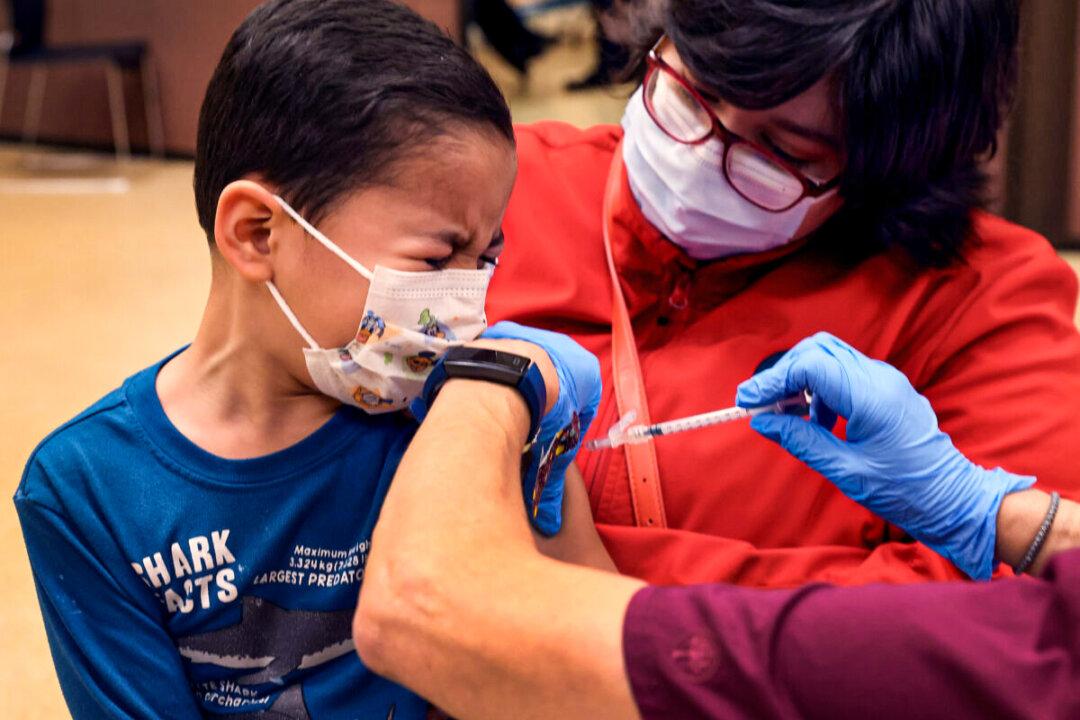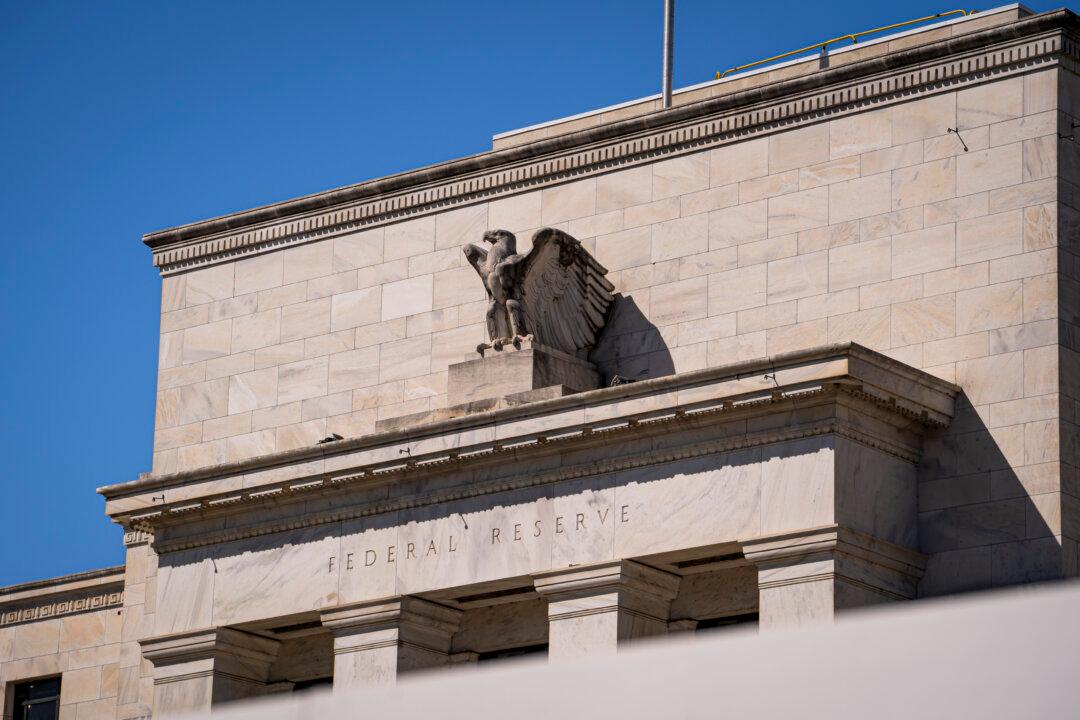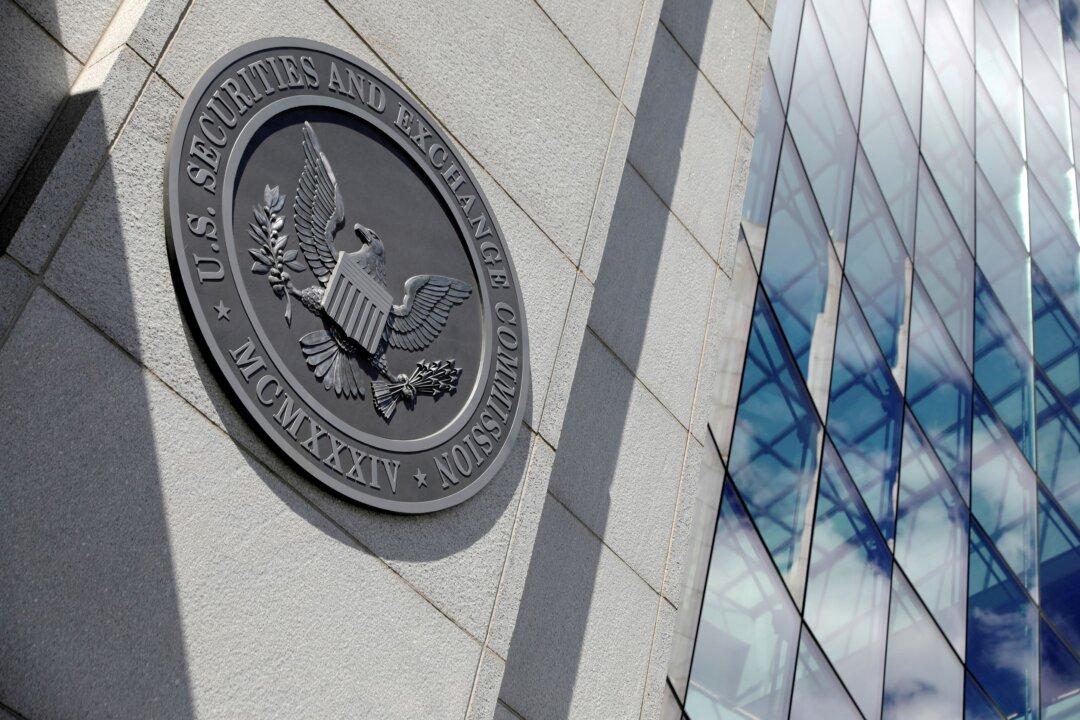An Israeli study assessed the effectiveness of BNT162b2 COVID-19 vaccination (Pfizer) against the Omicron variant in children 5 to 11 years old using a large health care database and found the vaccine effectiveness (VE) to be 48 percent 7–21 days after dose 2 for symptomatic infection.
People with evidence of prior COVID infection by PCR, antigen, or serology test were excluded.




